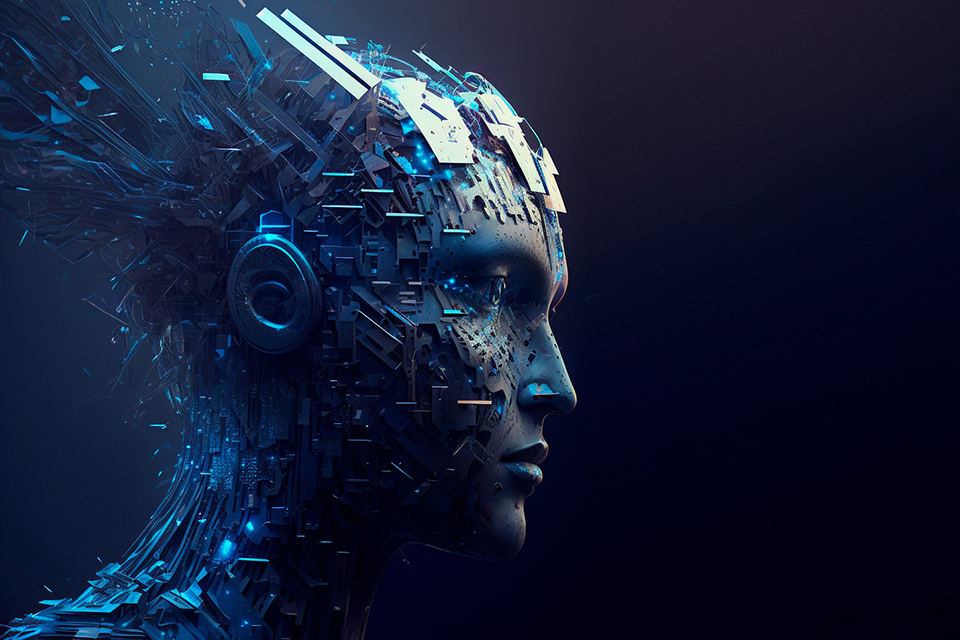Artificial intelligence (AI) is transforming the way we live and work. From healthcare to finance to retail, AI is being used to solve complex problems, automate routine tasks, and drive business growth. With so many AI frameworks available, it can be challenging to choose the right one for your needs. In this guide, we’ll explore the key factors to consider when choosing an AI framework and provide some recommendations for the best frameworks available.
What is an AI Framework?
An AI framework is a software library or toolkit that provides the building blocks for creating an AI system. AI frameworks typically include algorithms, data structures, and tools for developing, training, and deploying AI models. They can be used to create a wide range of AI applications, from image recognition and natural language processing to predictive analytics and chatbots.
Factors to Consider When Choosing an AI Framework
Choosing the right AI framework can make a significant impact on the success of your AI project. Here are some key factors to consider when making your selection:
1. Learning Curve
Some AI frameworks are easier to use than others. If you’re new to AI development, you may want to choose a framework with a gentle learning curve, such as Keras or TensorFlow. On the other hand, if you’re an experienced developer, you may prefer a more powerful and flexible framework like PyTorch.
2. Performance
The performance of an AI framework can vary widely depending on the application. If you’re working with large datasets, you may need a framework that can handle high volumes of data, such as Apache MXNet or TensorFlow. If you’re working with real-time data, you may need a framework with low latency and high throughput, such as TensorFlow or Caffe2.
3. Community Support
The strength of the community supporting an AI framework can be critical to its success. A vibrant community can provide access to resources, libraries, and tools that can help you develop your AI project more quickly and efficiently. TensorFlow and PyTorch have two of the largest and most active communities, making them excellent choices for many AI projects.
4. Integration
Integration with your existing software infrastructure is another key factor to consider when choosing an AI framework. Some frameworks, like Keras and TensorFlow, have excellent support for Python, making them ideal for integrating with other Python-based applications. Other frameworks, like Apache MXNet, provide support for multiple programming languages and platforms, making them more flexible in some situations.
5. Cost
Finally, cost is another factor to consider when choosing an AI framework. Some frameworks, like TensorFlow and PyTorch, are open source and free to use. Others, like IBM Watson, require a subscription or licensing fee. Consider your budget and the features you need when selecting a framework.
Best AI Frameworks
Here are some of the best AI frameworks available today:
1. TensorFlow
TensorFlow is an open-source AI framework developed by Google. It’s one of the most popular AI frameworks available, thanks to its ease of use, performance, and large community support. TensorFlow is ideal for building a wide range of AI applications, from computer vision and natural language processing to predictive analytics and deep learning.
2. PyTorch
PyTorch is another open-source AI framework that has gained popularity in recent years. Developed by Facebook, PyTorch is known for its flexibility and ease of use. It’s an excellent choice for research and
